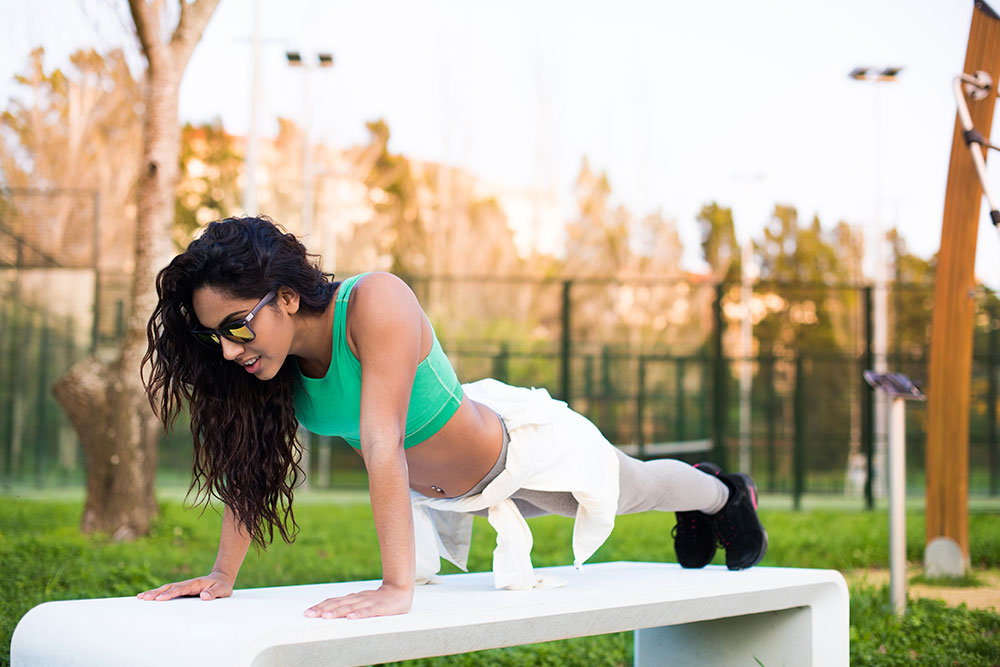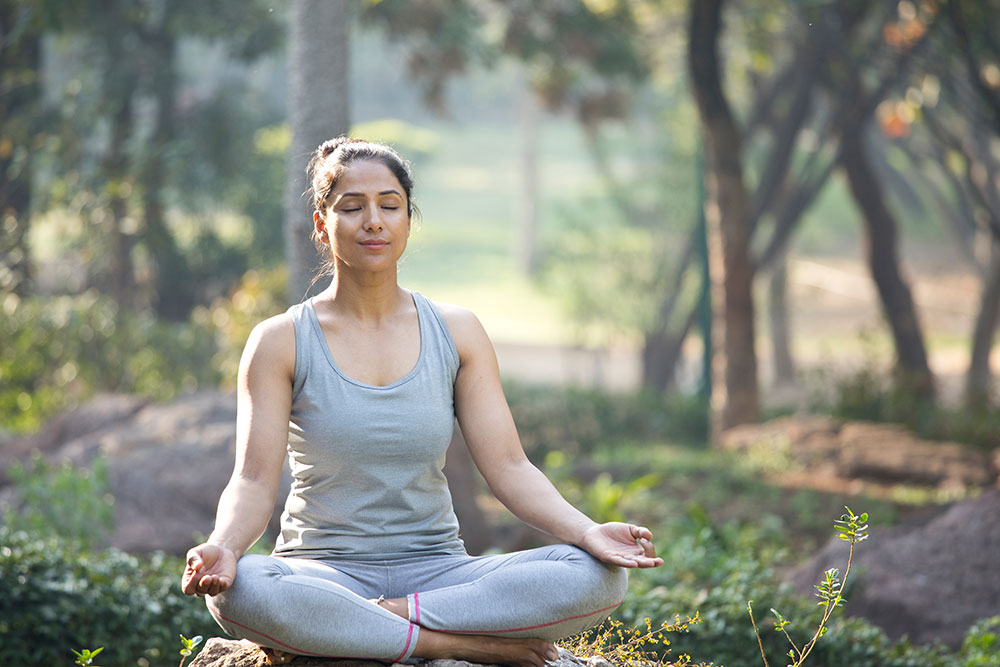We’ve all heard the saying, “Health is wealth”. And there is a certain truth to it. Our body does so much for us to ensure that we can sustain ourselves and maintain our lifestyles. The least we can do to give back is to remain healthy. And that can be done via our immunity. There are, however, a slew of minor lifestyle changes that can help you get on the road to better health. Here are a few easy ways to boost your immune system, which is more vital than ever if you often find yourself feeling down and out, in the face of the COVID-19 pandemic.

1. Hydrate All The Way
We've all heard that staying hydrated is crucial. The human body comprises up to 60 per cent of water, and performs a variety of crucial activities that helps to keep the body in top shape, including digestion, body temperature regulation, joint lubrication, oxygen delivery, and keeping us healthy by naturally expelling toxins and illness-causing bacteria. The amount of water required per day varies by person, and is influenced by a variety of factors such as coffee and alcohol use, exercise, medications, hot weather, pregnancy, and nursing. However, a basic rule of thumb is two to three litres for women and three to four litres for men each day. In principle, drinking so much water is a good idea, but maintaining that level of intake might be difficult. Here are a handful of our personal favourite hacks you can try.
• Keep Track: Purchase a litre water bottle to keep track of how much water you're drinking; refill as needed. Aim to reach your daily target before 5PM, as drinking water too close to bedtime can disrupt your sleep.
• New Habits: Take seven sips of water instead of one every time you take a drink. In no time, the bottle will be emptied.
• Set Reminders: You could set reminders on your phone, or use our Diet And Fitness Goals tracker on the app to input all the required data. Make sure to keep your notifications on to get timely reminders to drink water.

2. Nutrition News
Being on lockdown has one advantage: everyone is cooking more, which provides the ideal opportunity to focus on healthier nutrition. It also doesn't have to be as time-consuming. Simply follow a list of healthy foods and vegetables you should incorporate into your diet. However, here are some basics to keep in mind:
• Eat The Rainbow: Different coloured fruits and vegetables contain different vitamins and minerals, and altering your diet allows you to consume a wider variety of nutrients. It's easy and enjoyable to eat by colour.
• Look At The Labels: Examine the labels of ready-to-eat sauces, frozen meals, mixes, and anything else that comes in a box or jar. The ingredients should resemble those found in a kitchen, rather than those found in a chemistry lab.
• Spend Time On Your Meal: Slowing down your eating allows your body to digest and inform you when you're full. And if there was ever a perfect time to learn from the Europeans and approach meals as evening festivities, now is the moment.

3. Sleep Away
The body has a chance to mend itself when you sleep. On the other hand, your body creates less infection-fighting antibodies when you don't get enough sleep. These are a few of our favourite suggestions for getting a better night's sleep.
• Watch That Drink: While a glass of wine can help you fall asleep, a bottle can disrupt your circadian rhythm and REM sleep. This can weaken your immunological system. Be mindful of your alcohol consumption for healthy, restful sleep.
• Before Bedtime Habit: Find a way to relax so your mind doesn't race while you're attempting to sleep. Before going to bed, avoid looking at your phone because the blue light will keep you awake. Whatever works for you, read a book, take a bath, purchase a diffuser, and experiment with different essential oils.
• Have The Next Day’s Schedule In Place Beforehand: If you aren't continuously thinking about all the things you need to accomplish the next day, you will be able to relax, fall asleep more easily, and stay asleep longer.

4. Make Time For Movement
Working from home can throw a wrench in your schedule, but the key is to create a new one. If you work in an office, you may have access to a stand-up desk, a couple of flights of stairs, and even a lunchtime walk to the local café to help you get your steps in. It's more difficult at home, but it's even more vital.
Exercise reduces stress (another element that affects the immune system), reduces inflammation in the body, and it is also believed that the temporary increase in body temperature during and after exercise aids in the battle against hazardous micro-organisms. Here are some hacks to get you moving:
• Track It Down: There are plenty of fitness apps available to download that allows you to input your fitness goals, and track your progress. You could also try out the Diet And Fitness tracker on our app to help you in your fitness journey.
• Walk The Talk: One in the morning, one at lunch, and one after you've completed your day's work. They can be as brief as 15 minutes, but they will have a significant physical and mental effect.
• Any Movement Makes A Difference: It doesn't matter if you run up and down the stairs in your house, perform five press-ups every time you get up from your desk, or clean your apartment. The crux is that your body is getting some much-need movement.

5. Positivity Potion
Looking on the bright side of life offers more benefits than just a positive attitude, It can help you live longer, improve your cardiovascular health, reduce your risk of depression, and cope with stress (hello, COVID-19, we are looking at you). You can shift to a more positive thought process by:
• Gateway To Gratitude: Taking even 10 minutes a day to reflect on all the positive aspects of your life will improve your outlook and health over time. Purchase a gratitude diary, set an alarm for the same time every evening, and reflect on the finest thing that has happened to you today.
• Meditate: The brain is a muscle, and it, like the rest of your body's muscles, has to be exercised. Yogis have known for millennia, and the rest of the world is slowly catching up. Learning to control your thoughts and slow your mind can have great benefits for your mental well-being, including less stress, improved attention, reduced anxiety, and even a reduction in brain ageing.
• Small Steps To Positivity: Write thank you cards, do something nice for a neighbour, or call an old acquaintance you haven't heard from in a long time. Try not to complain for 24 hours (it's difficult, we know), and watch how it affects your mental health. Small steps can lead to major transformations.